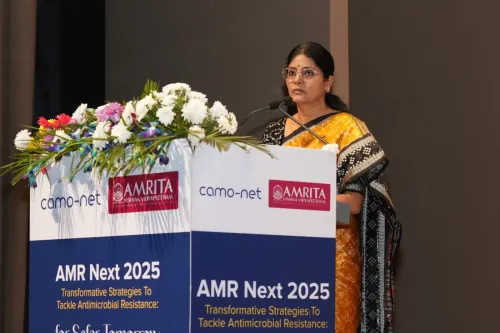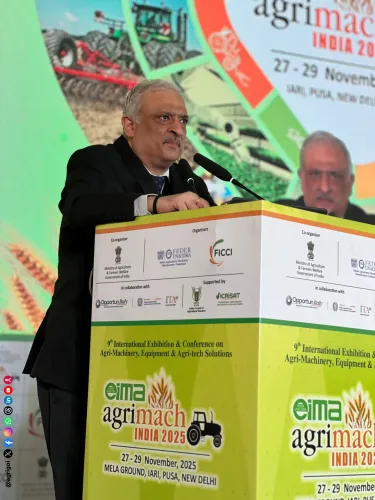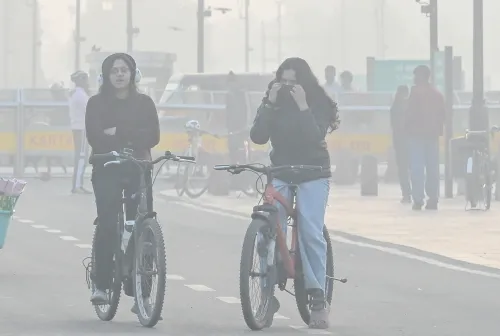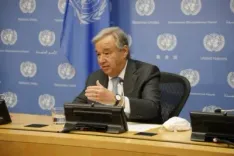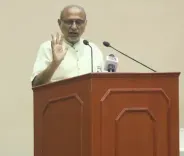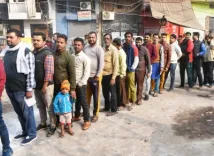How Has Jan Dhan Yojana Revolutionized Financial Access for the Needy?
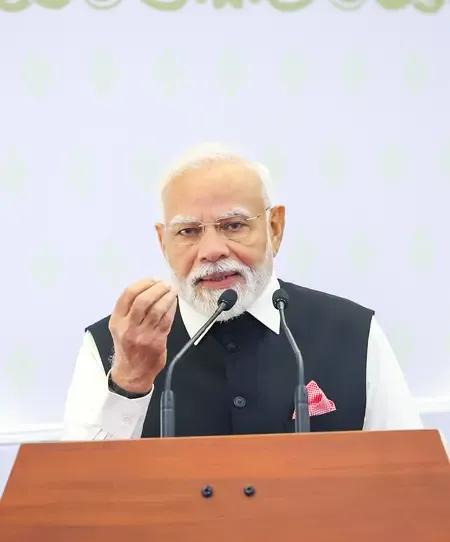
Synopsis
Key Takeaways
- PMJDY has opened over 55.90 crore accounts.
- Promotes dignity and self-reliance.
- Facilitates access to basic banking services.
- Supports micro and small enterprises through MUDRA.
- Enhances credit accessibility for marginalized communities.
New Delhi, Aug 5 (NationPress) The Pradhan Mantri Jan Dhan Yojana (PMJDY) has remarkably changed the landscape of financial services for the underprivileged by addressing the disconnect between banks and the unbanked population. This initiative fosters dignity, self-reliance, and economic inclusion, Prime Minister Narendra Modi stated on Tuesday.
In a recent post, the PM highlighted an article celebrating 11 years of the PMJDY and its profound impact on financial accessibility for the poor.
The PMO India emphasized, "The Pradhan Mantri Jan Dhan Yojana has revolutionized financial access for the less fortunate, bridging the gap between banks and those without bank accounts, thereby enhancing dignity, self-reliance, and economic inclusion."
Since its launch in August 2014, PMJDY has played a pivotal role in providing banking services to the unbanked by enabling the establishment of basic savings bank deposit accounts, along with features like RUPAY debit cards and an overdraft facility.
Currently, more than 55.90 crore accounts have been opened under this scheme, as reported by Pankaj Chaudhary, Minister of State for Finance, in a Lok Sabha response.
The government has undertaken numerous initiatives aimed at enhancing financial inclusion, ensuring that access to fundamental banking services fosters active participation in the formal financial system, including credit accessibility.
Furthermore, since its inception, around 53.85 crore loans totaling over Rs 35.13 lakh crore have been granted under the Pradhan Mantri MUDRA Yojana (PMMY).
The PMMY extends collateral-free loans up to Rs 20 lakh to support micro and small enterprises, thereby promoting self-employment and income generation.
To further expand credit access, dedicated schemes such as Stand-Up India (SUPI), PM Street Vendor’s AtmaNirbhar Nidhi (PM SVANidhi), PM Vishwakarma, and the Prime Minister’s Employment Generation Programme (PMEGP) have been launched, specifically targeting SC/ST and women entrepreneurs, street vendors, artisans, and other micro-enterprises.
To improve credit assessment for individuals lacking a traditional credit history, the government is utilizing technology and alternative data sources.
A Grameen Credit Score has been introduced to assist in credit evaluations for Self-Help Group (SHG) borrowers and rural communities, including farmers and marginalized groups.
This initiative aims to enhance the quality and objectivity of credit decisions, facilitating better access to formal credit in rural regions.

